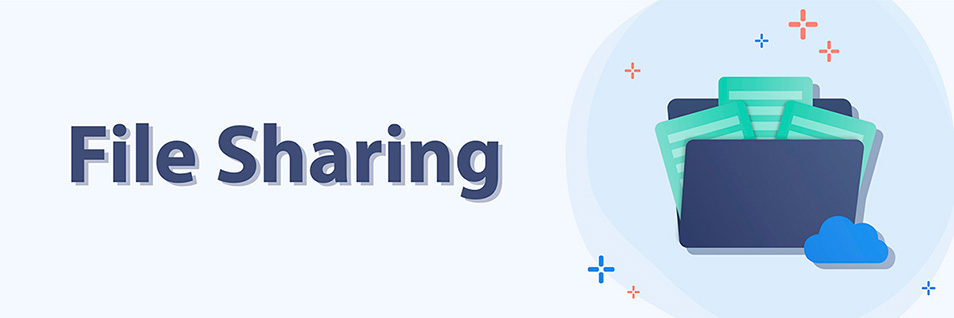
The internet is a convenient place for storing your files and sharing them with others, but it also comes with great responsibility, especially when you want to protect your privacy and data. Follow these best practices whenever sharing files on cloud services:
- When you upload a file to the cloud, don’t store private or confidential information (such as Driver’s License scans, completed tax forms, documents containing financial account numbers, or your social security number). You might be taking a risk of that information leaking out to others.
- When you share a file with others, use a link rather than a file attachment. There’s no telling how an individual might use that file. They can download and modify it, or they share it with others, which you might not want. Remember to check the share settings and control how you want others to access your file.
Microsoft OneDrive
OneDrive is a great resource for saving your files, and it’s available through Liberty University’s Microsoft 365 subscription. It works natively with apps like Word, Excel, PowerPoint, OneNote, and SharePoint; but just like anything you save to the cloud, make sure to check the share settings before you send the link.
Dropbox Storage
Dropbox is a cloud storage platform available upon request, and it is a great way to share files and collaborate with others. Additionally, you can disable downloads and set a password or expiration date.
Kaltura Video
Kaltura is a video platform we use to upload and share video files. You might have seen a few throughout the Liberty University website or if you’ve taken a course in Canvas. You too have access to this resource; but just like you would with uploading a file to the cloud, it is good practice to check the share settings.